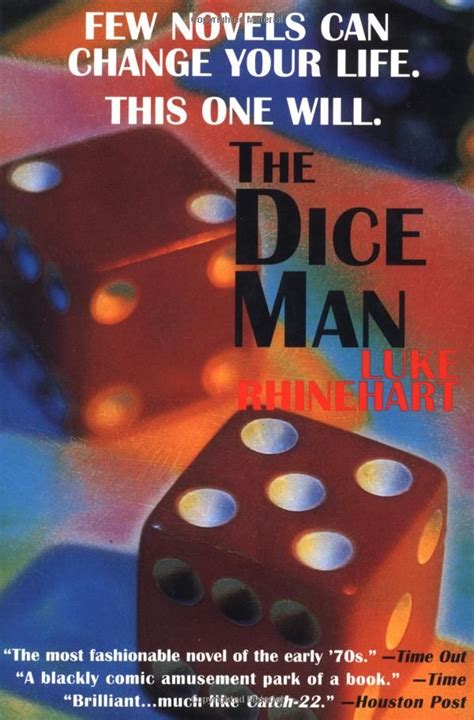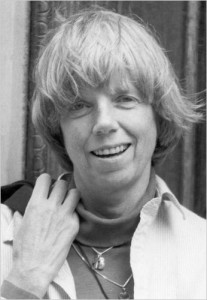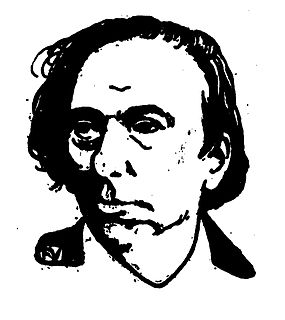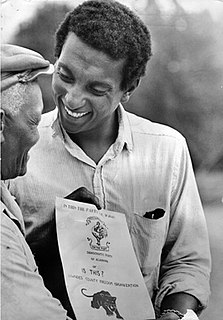A Quote by Catherine Camus
[Albert Camus] was completely intransigent, and that's not at all a neutrality. It's combat, it's a man who involved himself, committed himself.
Related Quotes
Humility collects the soul into a single point by the power of silence. A truly humble man has no desire to be known or admired by others, but wishes to plunge from himself into himself, to become nothing, as if he had never been born. When he is completely hidden to himself in himself, he is completely with God
To change man, the audience by which he judges himself must be changed. A man is defined by his audience: by the people, institutions, authors, magazines, movie heroes, philosophers by whom he pictures himself being cheered and booed. Major psychological disturbances, 'identity crises', are caused when an individual begins to change the audience for whom he plays: from parents to peers; from peers to the works of Albert Camus; from the Bible to Hugh Hefner.
The cause of all the blunders committed by man arises from this excessive self-love. For the lover is blinded by the object loved; so that he passes a wrong judgment on what is just, good and beautiful, thinking that he ought always to honor what belongs to himself in preference to truth. For he who intends to be a great man ought to love neither himself nor his own things, but only what is just, whether it happens to be done by himself, or by another.




























